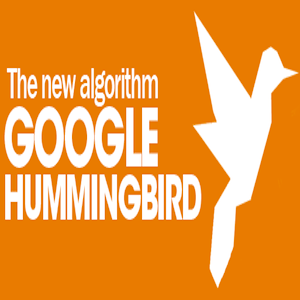Recently, Google has released their newest search algorithm update dubbed “Hummingbird”.
The Hummingbird update, which is the biggest update Google made since 2001, is said to focus more on the meaning of the query and not particular keywords. One of the best examples given by Google is the “conversational search”, where search queries are made in a question format. For instance, if the customer would like to know where the nearest establishment they can get iPhone 5S repairs in his area, he can make a search for this query: “Where can I go for iPhone 5S repairs in our area?”
Prior to the Hummingbird update, Google may usually focus on the keywords such as “iPhone 5S” and “repairs”.
With the recent updates, Google must be able to return search results based on the query as a whole and not on particular keywords per se. It must be able to understand that the client is searching for an actual brick-and-mortar establishment within his area or city (provided that he also provided his location) that provides iPhone 5S repairs. In this effect, the Hummingbird update aims to provide better search results for the clients.
Publishers, too, need to understand the direction that Google is taking with this recent update. As more and more people “speak” searches through their mobile phones, it is important that Google is able to respond to these search queries. So it would be much like making a natural conversation with Google to get the information they wanted, hence the update.
But will this recent change give publishers a run for their money? Will it garner the same backlash as that with the Panda and the Penguin update?
Experts say no. As a matter of fact, Danny Sullivan of Search Engine Land assures that publishers and SEO marketers need not to worry about anything.
As long as publishers create original and high-quality content, they won’t need change their current Internet marketing strategies. The updates may even help them get better page rankings.




